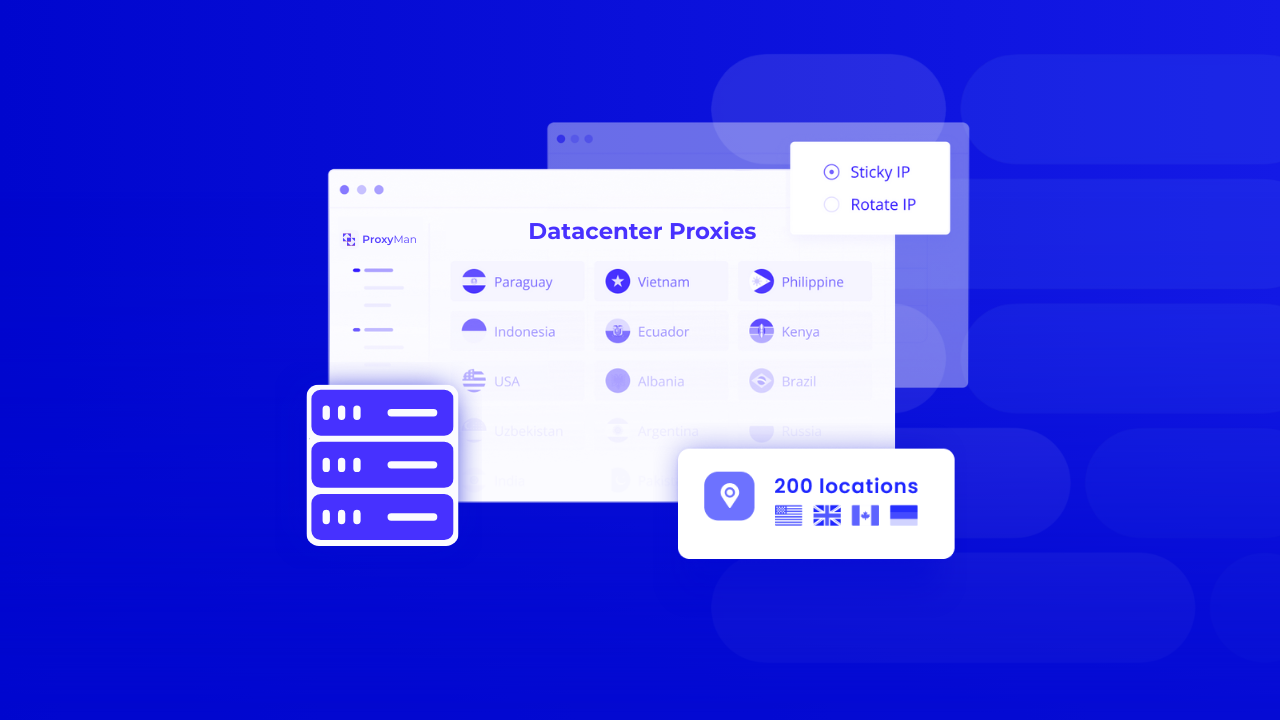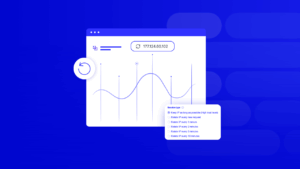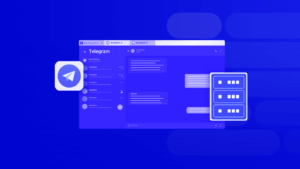If you are familiar with extracting data from the internet or testing website performance, you probably know how important it is to have a reliable proxy service to perform these tasks. However, you don’t necessarily have to work in the web space to use a proxy. Many people use proxies to hide their identity when browsing the web or to access content that is restricted in their country. In addition, proxies have many other uses. That is why it is important to understand what a datacenter proxy is and to choose the right proxy for your tasks.
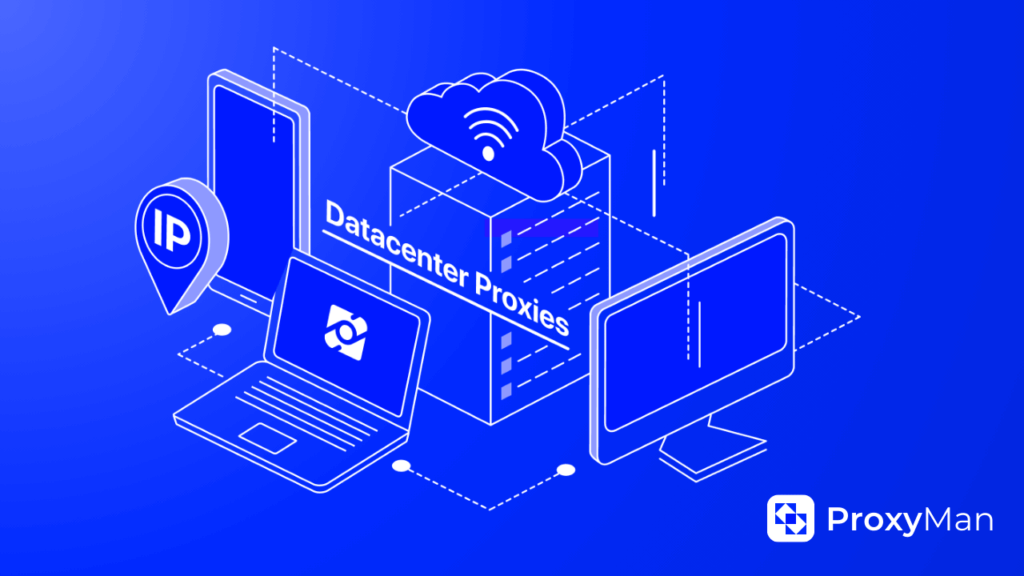
What Are Datacenter Proxies?
Datacenter proxies are servers located in a data center that act as intermediaries between a device and the Internet. They are not connected to an Internet service provider (ISP) but are located in server farms.
To understand what datacenter proxies are, you need to know their main characteristics:
- High speed and reliability. Servers are hosted on reliable servers with a reliable Internet connection.
- Anonymity. Proxy servers hide the user’s real IP address.
- A rich pool of IP addresses. This helps users bypass geographic restrictions and IP blocks from certain websites.
- Cost-effectiveness. Thanks to high performance and stability, users can receive high-quality services at a lower price.
Datacenter proxy servers are used in various industries. They are widely used for web scraping, bypassing geographic restrictions, ad verification, SEO optimization, social media management, and much more.
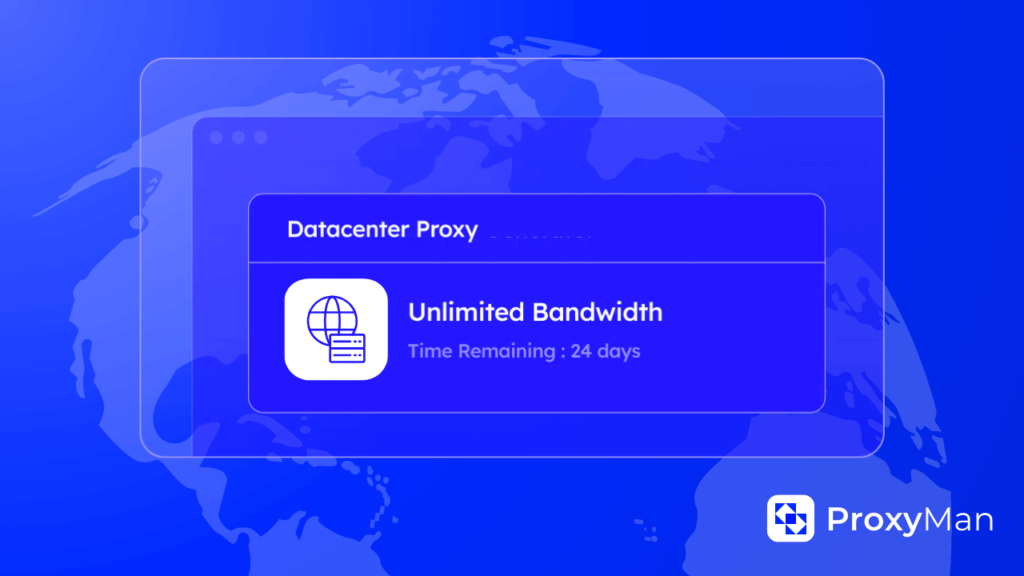
Understanding How Datacenter Proxies Work
Datacenter proxy servers work by intercepting and redirecting Internet traffic through a server located in a data center. They are not connected to an Internet service provider (ISP), but originate from commercial data centers where many servers are located.
When connecting through datacenter proxy servers, the request follows this path:
- The device sends a request to the proxy server.
- The proxy server masks the user’s real IP address with the IP address of the data center.
- The target website receives the request from the IP address of the data center.
- The response data is returned through the same masked connection.
This mechanism ensures that the target website sees the proxy server’s IP address instead of the actual IP address, ensuring anonymity and security.
There are two main types of datacenter proxy servers:
- Shared — used by multiple users simultaneously.
- Dedicated — allocated to a single user.
There are also proxy servers with IP address rotation: they dynamically change the IP address for each connection or after a certain period of time or number of requests.
Key Advantages of Using Datacenter Proxy Servers
Datacenter proxy servers are IP addresses located on servers in commercial datacenters that are independent of Internet service providers (ISPs). This is what gives them their advantages:
- Speed. High-speed connection thanks to the data center infrastructure: most often, this consists of several parallel and backup access channels. This allows you to quickly extract large amounts of data from websites.
- Accessibility. A wide range of IP addresses in different locations, which allows you to bypass geographical restrictions — providing access to content or services limited to certain geographical locations, such as streaming services or regional news websites. Test websites from different locations, ensuring global accessibility and performance.
- Cost. Typically cheaper than traditional proxy servers. This makes them an attractive option for companies and individuals on a budget.
- Security. For example, masking the real IP address makes it difficult to track user activity.
Potential Limitations of Datacenter Proxies
Some potential limitations of datacenter proxy servers:
- High risk of being banned. Datacenter IP addresses are assigned in subnets. If one IP address is banned, it is highly likely that all others in the group will also be blocked.
- Low level of trust. Websites easily detect data center IP addresses and strictly monitor them.
- Limitations in geolocation targeting. Datacenter servers are cloud-based, so it is difficult to access their services from certain locations.
- Difficulties with streaming. Popular streaming services can usually detect and block data center IP addresses.
- The need to comply with cybersecurity laws. In regions with strict regulations, such as GDPR and the California Consumer Privacy Act (CCPA), this can limit the flexibility of proxy services.
- Restrictions imposed by online platforms. Some of them have advanced anti-proxy mechanisms that restrict access to their content and services.
To minimize these restrictions, it is very important to choose a reliable datacenter proxy provider.
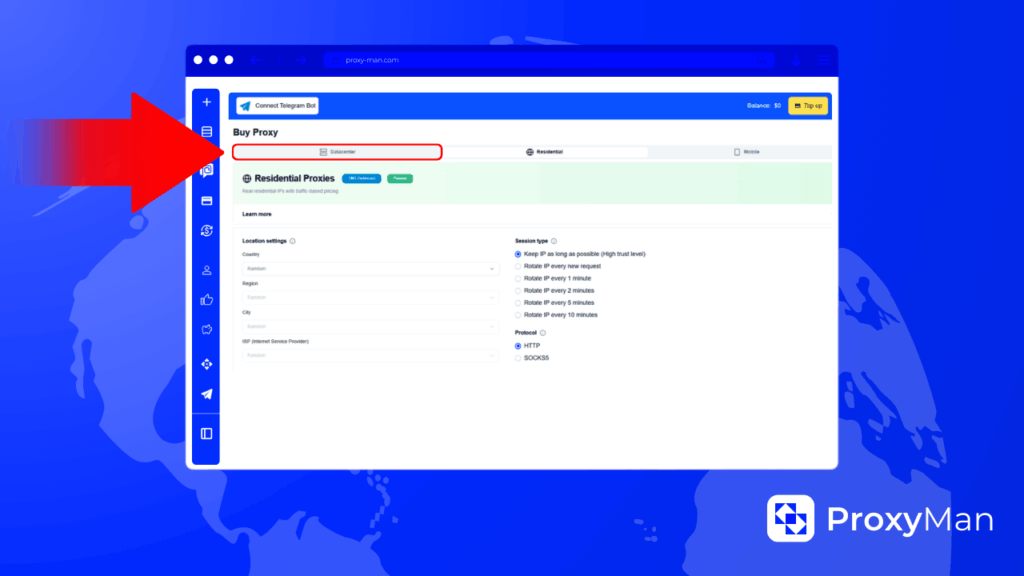
How to Buy Datacenter Proxy on Proxy-Man
One of the most convenient ways to buy datacenter proxies is to use the Proxy-Man service. To do this, just follow the steps below:
- Open the registration page and create a new account, then log in to your control panel.
- Go to the “Recharge” section and deposit funds by any available method.
- Go to the “New Proxy” page and select the type of proxy you want: data center, resident or mobile.
- Select the desired country (e.g. USA), then specify the region, city and Internet Service Provider (ISP).
- Select the type of session: you can either use the same IP address for as long as possible, or set it to change at each request or at specific intervals (1, 2, 5, or 10 minutes).
- Choose your preferred protocol (HTTP(S) or SOCKS5) and specify a proxy traffic limit from 1 GB to 1000 GB depending on your needs.
- Check all the selected parameters: location, ISP, protocol, traffic volume and session type. Then click “Buy Now” to finalize your order and get access to the resident proxy.
- Copy the generated proxy credentials and paste them into your browser, application or automation tool.
FAQ
Can I use data center proxy servers for streaming services such as Netflix?
You can try, but proxy servers in data centers are often blocked by Netflix. Resident proxy servers work better for streaming.
Can I get banned for using data center proxy servers?
Yes, websites can block or ban proxy centers when detected. Use them with caution, rotating and adjusting to the right settings.
Can I use a VPN and a proxy at the same time?
Yes, you can use a VPN and a proxy at the same time. But it can complicate things and cause potential performance issues. Both services introduce an extra layer of network routing and encryption, which affects latency and connection speed.

